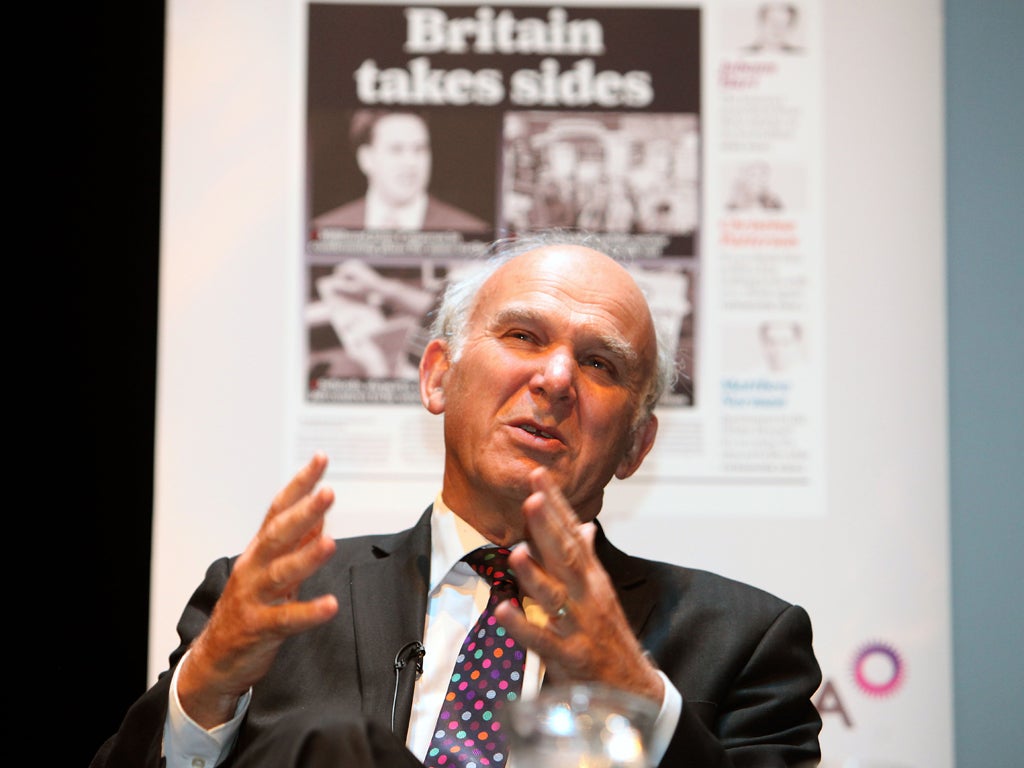Workplace rights to be 'sacrificed to boost economy'

Your support helps us to tell the story
From reproductive rights to climate change to Big Tech, The Independent is on the ground when the story is developing. Whether it's investigating the financials of Elon Musk's pro-Trump PAC or producing our latest documentary, 'The A Word', which shines a light on the American women fighting for reproductive rights, we know how important it is to parse out the facts from the messaging.
At such a critical moment in US history, we need reporters on the ground. Your donation allows us to keep sending journalists to speak to both sides of the story.
The Independent is trusted by Americans across the entire political spectrum. And unlike many other quality news outlets, we choose not to lock Americans out of our reporting and analysis with paywalls. We believe quality journalism should be available to everyone, paid for by those who can afford it.
Your support makes all the difference.The Government is to curb some workplace rights in an attempt to cut red tape for business and boost Britain's anaemic economic growth levels.
The consultation period when 20 or more redundancies are announced could be reduced from 90 to just 30 days to give companies more flexibility to cut jobs – a move that will be strongly opposed by trade unions.
After lobbying by business leaders, the number of cases going to employment tribunals will also be cut.
And David Cameron is backing a proposal to allow firms to sack poorly performing staff without an explanation. The idea has run into opposition from the Liberal Democrats, causing a rift at the top of the Coalition.
Nick Clegg and Vince Cable, the Liberal Democrat Business Secretary, insist there is no evidence that ending unfair dismissal claims would help the economy. They warn it could backfire by depressing consumer spending. The deadlock means the plan is unlikely to go ahead immediately, but one supporter said last night: "It is still alive."
Today Mr Cable will set out other employment law reforms which were agreed by the Cabinet yesterday. In a speech to the Engineering Employers' Association, the Business Secretary will confirm that the qualifying period for workers to be able to claim unfair dismissal will rise from one year to two year's service next April.
His most controversial proposal will be to suggest the current 90-day consultation period for redundancies could be reduced to 60, 45 or 30 days.
Join our commenting forum
Join thought-provoking conversations, follow other Independent readers and see their replies
Comments